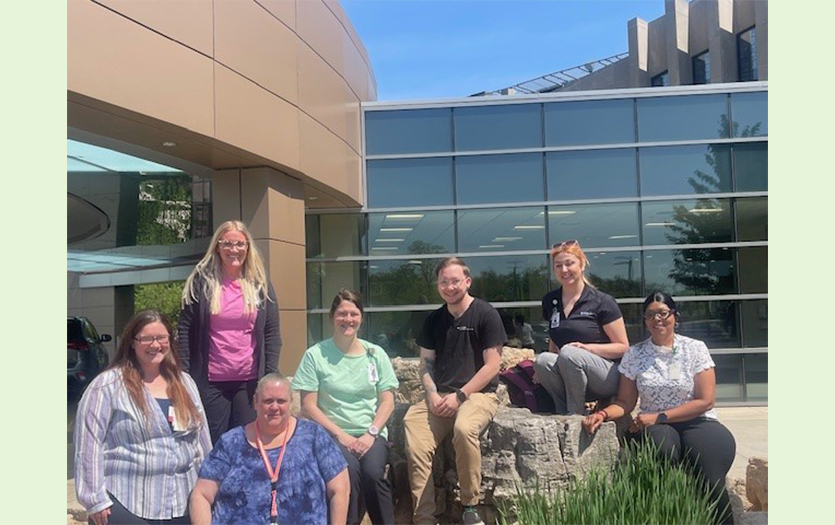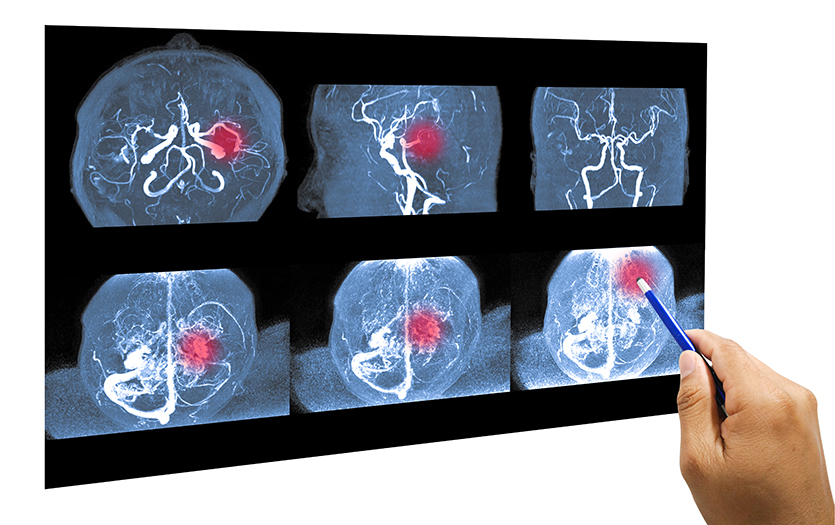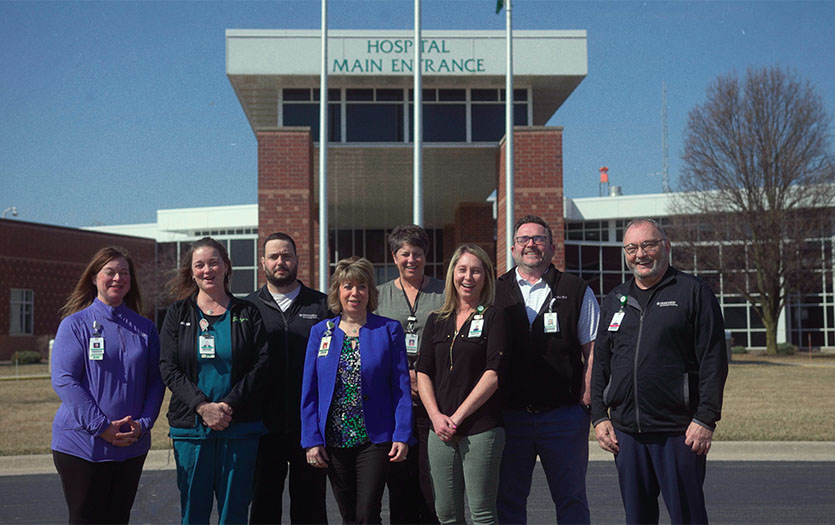
This post was written by Heather Henry, MSN, RN, program manager, SOS program/peer support recovery programs, Parkview Behavioral Health Institute.
Having a reliable support system can make all the difference in moments of crisis. Yet, for many individuals facing mental health emergencies, knowing where to turn or who to call can be daunting. That’s where services like the SOS Program, the Parkview Behavioral Health Institute (PBHI) mobile crisis team, step in, offering invaluable lifelines during times of need.
Understanding the SOS Program
SOS is the universal sign for help. In times of need, this community-based initiative is designed to provide immediate assistance to individuals experiencing mental health or substance use crises. The PBHI program offers a proactive approach to crisis intervention through behavioral health and substance use technicians who respond with the overall goal of de-escalating the crisis and connecting the individual to necessary resources.
Accessing the SOS team
As a leading organization in mental health services, Parkview is passionate about facilitating emergency services. PBHI HelpLine specialists, providers, therapists, case workers and community members can contact the SOS Program by calling the PBHI HelpLine at 260-471-9440 or 800-284-8439.
Timely response
The crisis team, comprised of trained mental health professionals, is mobilized swiftly to provide support and intervention within one hour in Allen County for emergent crisis calls and 90 minutes within the Northeast Indiana Parkview Health catchment area, minimizing the risk of escalation. Timely assistance is paramount to the SOS Program’s mission. When someone is in crisis, waiting for help can exacerbate the situation. Once an SOS call is received, team members are deployed promptly to the location, whether it’s a private residence, public space or healthcare facility.
Patient-centered care
Everyone’s experience with a mental health crisis is unique. Intervention requires specialized knowledge and skills. The PBHI mobile crisis team is comprised of clinicians with expertise in crisis intervention, de-escalation techniques and risk assessment. Their training enables them to assess the situation, provide immediate support, and make informed decisions to ensure the safety and well-being of the individual in crisis.
The SOS Program recognizes this diversity and tailors its response to meet each person's specific needs. Whether it’s providing emotional support, connecting individuals with community resources or facilitating access to mental health professionals, the program adopts a patient-centered approach to care.
Collaboration and coordination
Effective crisis intervention often requires collaboration among various stakeholders. The SOS Program fosters partnerships with local law enforcement, healthcare providers, social services agencies and other community organizations. By collaborating on the individual’s best interest on their behalf, these entities can pool their resources and expertise to deliver comprehensive support to those in crisis not only during but also following the event. This approach ensures the individual is connected and is able to maintain their life within the community successfully.
Follow-up and continued support
The support doesn’t end once the immediate crisis has been addressed. The SOS Program recognizes the importance of follow-up and continued support to prevent future crises. The SOS team may conduct regular check-ins, connect individuals with ongoing mental health services, provide additional resources as needed, and, if case management is warranted, provide temporary case management until a caseworker is assigned. At that time, a warm handoff is given between the SOS Program team member and the caseworker, ensuring a pathway to long-term stability and wellness.
Community outreach and engagement
Beyond crisis response, the SOS Program actively engages with the community to raise awareness about mental health issues and available resources. By participating in outreach events, training sessions and community forums, they strive to reduce stigma, promote mental health literacy and empower individuals to seek help when needed.
Continuous improvement
PBHI is committed to continuous improvement and innovation in crisis response. Through ongoing evaluation, feedback mechanisms and collaboration with stakeholders, the organization seeks to enhance the effectiveness and accessibility of its services, ensuring that individuals in crisis receive the best possible care.
Help is available
Having access to immediate support can be a lifeline for individuals grappling with mental health challenges in times of crisis. Programs like the SOS Program are crucial in providing timely intervention, personalized care and ongoing support to those in need. By prioritizing collaboration, community engagement and continuous improvement, these initiatives build more resilient and supportive communities where mental health crises are met with compassion and effective intervention.
Help is available day or night by calling our 24/7 PBHI HelpLine at 260-471-9440 or 800-284-8439. The team of call specialists can connect you with the mobile crisis team or other services for your situation.



